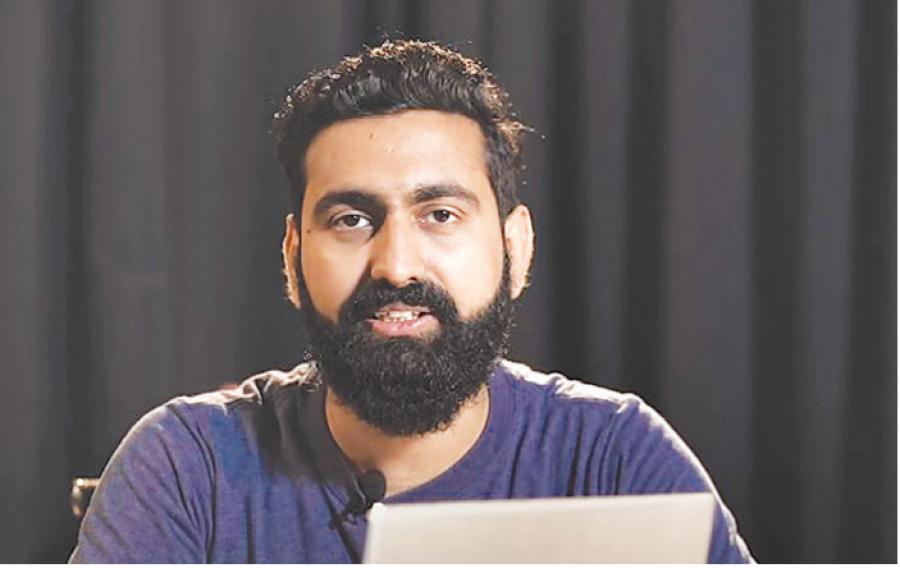Editorial
Things that cannot be said
Apoorwa Singh’s case is a timely reminder of the need to rethink and revise our idea of free speech.
The tragedy of moral bankruptcy in Nepali politics and society is fast turning into a farce. As if the state had no serious business to attend to, it re-incarcerated standup comedian Apoorwa Kshitiz Singh again on Monday. The Kathmandu District Attorney's office slapped four ridiculous charges against him, seeking up to five years behind bars. This, in a country that has yet to conclude the transitional justice process and give justice to tens of thousands of people. This, in a country where political biggies continue to openly violate the constitution, where a top judge deliberately misinterprets the law to reduce the sentence of a murder convict. And this, after the comedian and his family had repeatedly apologised for ‘hurting’ the sentiments of a community he had brought up in his gig.
Thankfully, the Kathmandu District Court on Thursday ordered the release of the comedian on bail. How the case unfolds in the coming days will tell much about how our courts interpret the provision of free speech as enshrined in the constitution. However, the case has already divided citizens into two camps thanks to the police and attorney office's highhandedness, which does not bode well for Nepal's nascent democracy. It has exposed the depredation of thought that Nepali society suffers from as it is led by state machinery that discourages them from speaking up, laughing out loud and thinking creatively. The case has shown how the state views its citizens with suspicion and adds fuel to the communal fire, even if it is two marginalised communities turning against each other at the instigation of a few unscrupulous noisemakers.
Singh is not only entitled to speak freely and make people laugh but also to live his life with dignity. Making a young artist a scapegoat and incarcerating him repeatedly to massage the egos violate the fundamental tenets of human rights. That Singh belongs to a historically marginalised community of Madheshis cannot be neglected, considering how he has been harassed repeatedly for his supposed 'crime'. The state has time and again made no secret about its bias against certain communities whose voices remain subdued in the national discourse. Allowing a few individuals to do as they please in the name of honouring the sentiments of a certain community paves the way for anarchy, and a slow and steady dismantling of democracy.
In a mature democracy, freedom of speech comes with the freedom to offend others. And if the offence is not intended to harm them, that should be considered part and parcel of living in a free society. Attempts to circumscribe free speech lead to an insular society, which is the antithesis of the idea of a vibrant democracy. What has transpired in this case thus far suggests those running the country have an entirely misguided notion of free speech. The charges against Singh are tenuous and are clearly aimed at creating fear psychosis among the masses—they must be promptly withdrawn. In the larger picture, the case suggests time has come to rethink and broaden our idea of free speech.




 9.89°C Kathmandu
9.89°C Kathmandu














